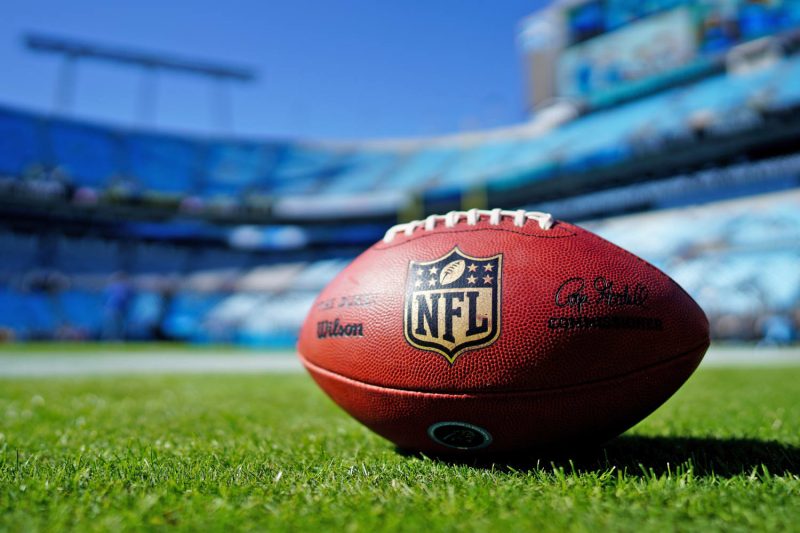
Touchdown! NFL Owners Score Big with Private Equity Investment Approval
In a landmark decision, NFL owners have recently voted in favor of allowing private equity investment within the league, marking a significant shift in the traditional ownership model of professional sports organizations. This move opens up a new avenue for investors to gain a stake in one of the world’s most popular and lucrative sports leagues, bringing the NFL in line with other industries that have embraced private equity funding. The decision is expected to have wide-reaching implications on the financial landscape of the NFL and could potentially reshape the way teams are owned and operated in the future.
One of the key drivers behind the NFL owners’ decision to allow private equity investment is the desire to unlock additional sources of capital that can help teams navigate the increasingly complex and competitive business environment of professional sports. Private equity firms, known for their deep pockets and expertise in managing high-value assets, can provide teams with the financial resources needed to invest in player development, stadium infrastructure, and other strategic initiatives that can enhance their long-term competitiveness and profitability. By tapping into private equity funding, NFL teams may be better positioned to adapt to the evolving demands of the sports industry and secure their long-term sustainability.
However, the decision to allow private equity investment in the NFL is not without its potential challenges and controversies. Critics of the move have expressed concerns about the potential influence that private equity firms could have on the league’s decision-making processes and the overall integrity of the sport. Some fear that increased financial involvement from private equity investors could prioritize short-term profit motives over the long-term interests of the league and its fans, leading to potential conflicts of interest and ethical dilemmas.
Additionally, the entry of private equity firms into the NFL ownership landscape could lead to a fundamental shift in the traditional ownership structure of teams, creating new power dynamics and ownership arrangements that may impact the league’s competitive balance and governance. As private equity investors seek to maximize their return on investment, they may push for changes in team operations, revenue streams, and other key aspects of the business that could alter the fundamental dynamics of the NFL as we know it.
Ultimately, the NFL owners’ decision to allow private equity investment represents a bold and forward-thinking approach to addressing the evolving financial needs of professional sports teams in a rapidly changing industry landscape. While the move has the potential to inject much-needed capital into the league and drive innovation and growth, it also raises important questions about the future direction of the NFL and the potential trade-offs associated with increased financial involvement from external investors. As the league navigates this new chapter in its history, stakeholders across the sports world will be closely watching to see how the integration of private equity investment shapes the future of the NFL and the broader sports industry.
